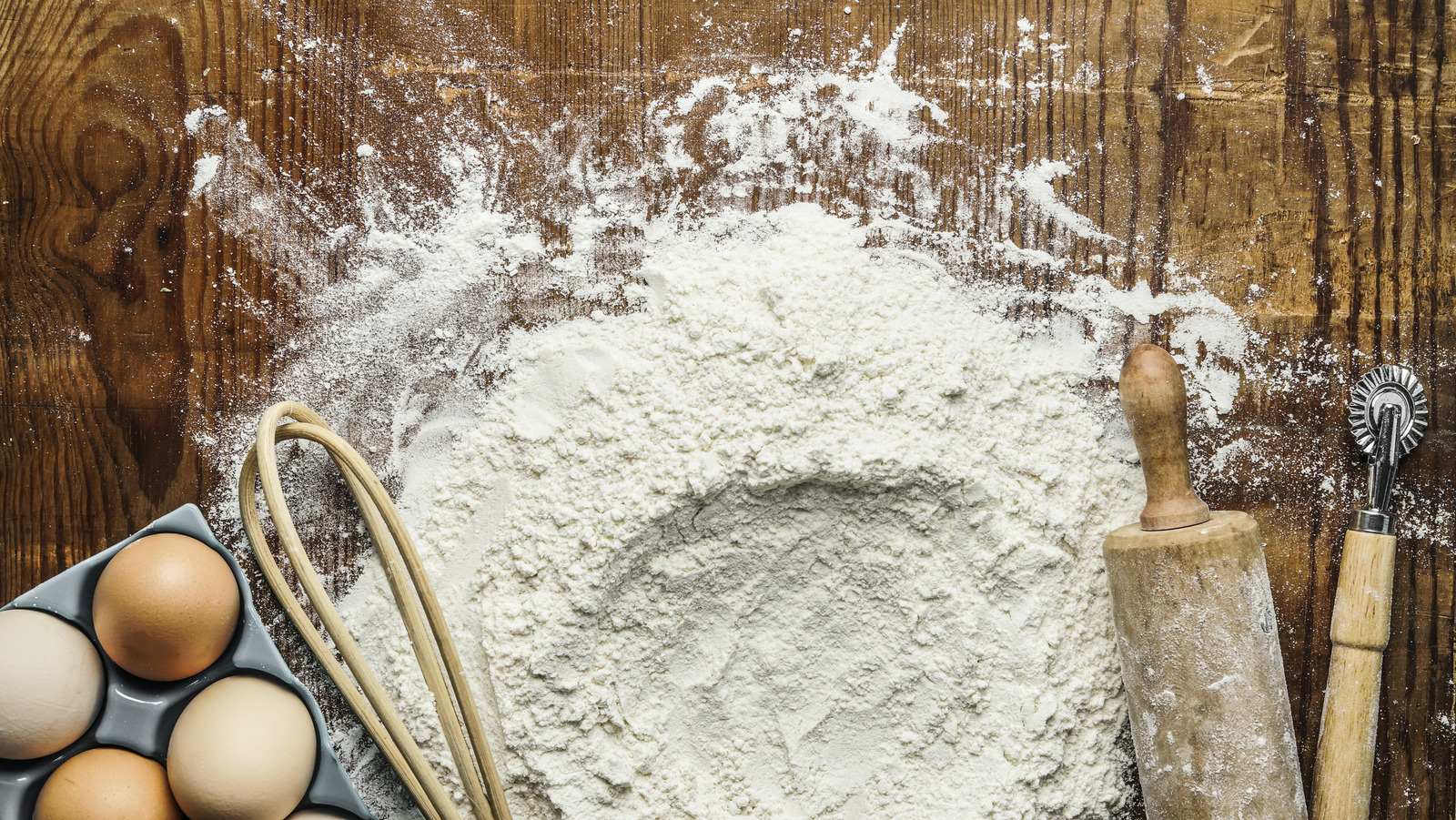
"Flour turns into a thick, sticky paste when it hits water, which can coat the insides of pipes and lead to serious plumbing issues over time."
"Even small amounts of flour rinsed down the drain can build up layer by layer and potentially cause a blockage, especially in older plumbing systems."
"Running hot water or using a garbage disposal won't fix the problem, as flour can still stick to everything and create gunk in pipes."
"The proper disposal method for flour is to toss it in the trash or compost it when it’s dry, preventing plumbing headaches."
Flour does not break down easily in water, turning into a thick and sticky paste that coats pipes, leading to plumbing issues. Even small amounts can build up and cause blockages in pipes, particularly in older plumbing systems. Using hot water or garbage disposals does not prevent this problem, as flour still sticks to surfaces. Proper disposal methods include throwing it in the trash or composting dry flour to avoid plumbing complications.
Read at Tasting Table
Unable to calculate read time
Collection
[
|
...
]